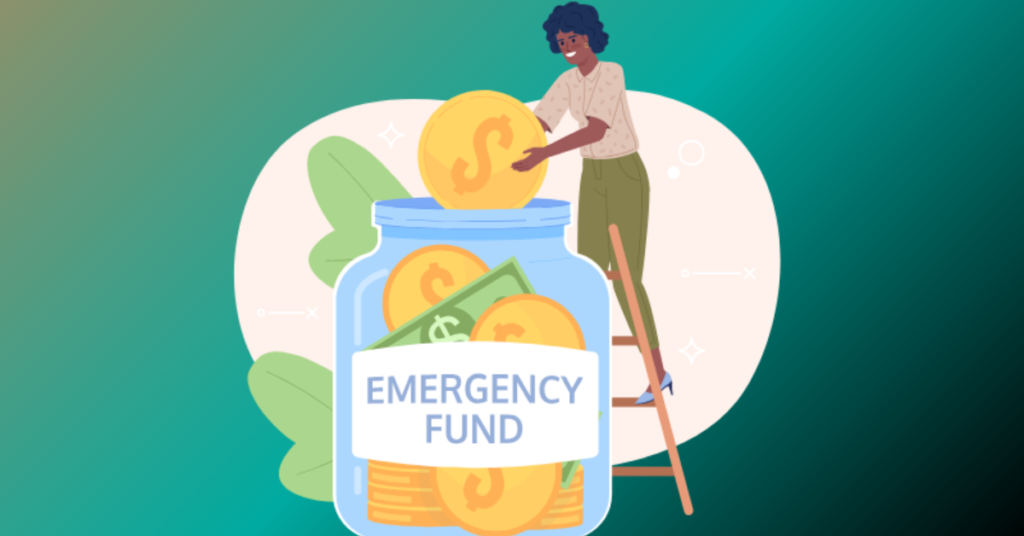We don’t lose money all at once; it gradually disappears through our everyday decisions. These minor financial mistakes can keep you ensnared in the paycheck-to-paycheck cycle, even if you have a solid income. The empowering truth is that by recognizing these traps, you can take decisive action to break free from them and regain control of your finances. Here are the 7 most common money mistakes that keep people broke, and you need to avoid them. Take action with these smart, practical solutions.
1. Living Without a Budget

Many people spend what they earn, hoping for the best, but without a solid budget, their expenses will inevitably rise to match their income. To take control of your finances, you must create a realistic budget that you can stick to, effectively balancing your needs, wants, and future goals. Implement the 50/30/20 rule, allocate 50% of your budget to essentials like rent, groceries, and bills, 30% for enjoyable activities such as movies or dining out, and 20% for savings and debt repayment. This method will enable you to manage your money effectively and secure your financial future.
2. Relying Too Much on Credit Cards

Credit cards may seem like magic money until the bill arrives. Many people swipe without thinking and end up burdened by high interest rates of 20% or more. This interest drains your finances and limits your future opportunities.
To manage your finances effectively, use credit cards strategically and only make purchases that you can pay off in full each month. This approach ensures you never pay a single rupee in interest. If you find yourself in debt, take action immediately. Remember, credit cards are powerful tools. In skilled hands, they can enhance your financial situation; in careless hands, they can be incredibly risky. Use them wisely.
3. Ignoring an Emergency Fund

Life throws unexpected financial challenges, whether it’s a broken laptop, unforeseen medical bills, or job loss. Establishing an emergency fund is vital. It helps you to deal with these situations without the need for borrowing from someone at the last minute. Take charge of your financial future and be prepared for whatever comes your way.
To ensure your financial stability, start building a cash cushion now, even if it’s small. Try to set aside enough money to cover 3 to 6 months of living expenses in a high-yield savings account. Set up an automatic transfer of either $50 or $60 on your payday to treat it as an essential expense. This way, you’ll ensure that the amount is consistently set aside. Over time, you’ll be ready for emergencies and gain the peace of mind that comes with financial security.
4. Lifestyle Inflation

A raise or bonus can seem like a chance to improve your life with nicer clothes, updated gadgets, and better vacations. However, be careful of “lifestyle creep.” This happens when you spend your extra income instead of saving it. Even if you earn more, you can still end up in the same financial situation if you save the same amount or less. It’s important to manage your spending and continue to build your savings.
To achieve financial independence, commit to maintaining your current lifestyle after an income increase. Immediately direct at least half of any raise into savings or investments before personal spending. This approach prioritizes your financial security and helps you grow your wealth over time. Treat it like planting a money tree for your future, rather than spending on temporary desires.
5. Not Investing Early

Many people mistakenly delay investing, thinking they lack enough money to get started. An important thing that matters while investing is time, not the amount of money invested. If you start investing your hard-earned money early, your money will compound and grow over time. Don’t let anything hold you back. Begin your investment journey now, even if it’s just $10 to $20 a month in an index fund. Your small amount of investment can yield you better returns in the future.
6. Neglecting Financial Education

Making financial decisions based on guesswork or random social media tips is like driving without a map. You might reach a destination, but it most likely won’t be the one you’re aiming for. Without proper financial knowledge, you can easily end up with bad loans, make poor investments, or miss out on great opportunities.
To effectively build your wealth, it’s crucial to prioritize financial education throughout your life. Start by reading impactful books like “The Psychology of Money” by Morgan Housel, tuning into reliable finance podcasts, and exploring free online courses on budgeting and investing. The more you expand your understanding, you can make better financial choices with confidence and wisdom.
7. Not Setting Clear Financial Goals

Saying “I just want to save more” isn’t a specific goal; it’s more of a general desire. Without clear objectives, your finances lack direction, making it all too easy to spend impulsively. To reach your financial goals, it’s helpful to set smart objectives: Specific, Measurable, Achievable, Relevant, and Time-bound. Instead of just saying, “I want to save,” try something more specific, like, “I’ll save this amount to buy a house in 3 to 4 years by putting aside 20-30% money of my salary each month.” This approach gives you a clear plan and something to motivate you each day. Achieving these goals can turn discipline into a rewarding journey that feels great when you hit those milestones.
Conclusion

Remaining broke is more about how you manage your money than about how much money you earn. By avoiding these 7 pitfalls, you can possibly get financial freedom. Change starts with your habits. Focus on one area to improve this week, and in a year, you’ll feel more confident and in control. Your future self will say, “That’s when I stopped being broke.”
